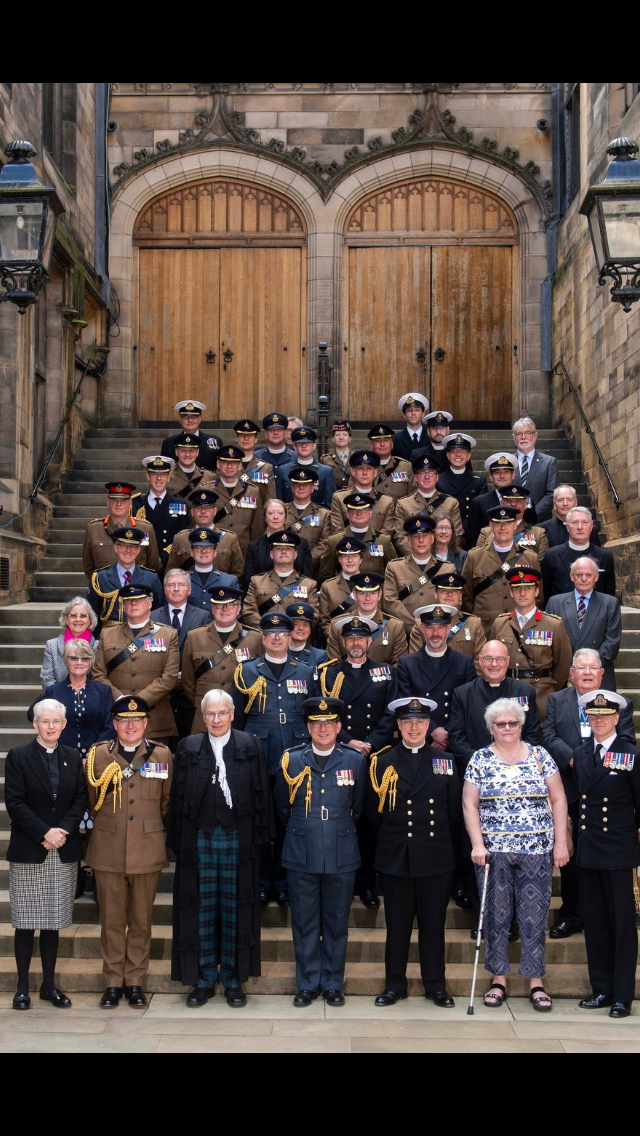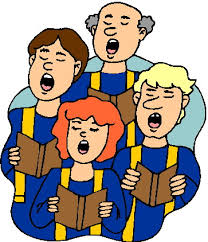HM Forces Chaplaincy
- Details
- Published: Saturday, 01 June 2019 16:33
- Written by Ian Brown
HM Forces Chaplaincy
Committee on Chaplains to HM Forces visit to 2Scots on November 21 2018.
The Committee were met in Glencorse Barracks outside Edinburgh by Padres Young and Macpherson. We took part in an act of worship in St. Andrew’s Kirk using the Armed Forces Operational Service and Prayer Book. This small book contains prayers, hymns and readings as well as shortened Forms of Burial Services for World Faiths making it inclusive. In 2014 in association with The Armed Forces’ Christian Union, Faith on the Frontline was published which gives perspective on life’s daily battles. Soldiers are often surrounded by death but have a yearning for life and this book signposts the way to life.
The Methodist Church has supported the Armed Forces community for many years. They provide an excellent little book, Soul Man? which encourages thinking, unlocks potential and help engender the spirit which epitomises all that is best within the military community.
2Scots has the most deployed operations, and this has a toll on families and personnel. Time is spent in training, being ready for and then going to operations. Different sections rotate this rota with operations including for example, in Sudan, Cyprus, Oman, Afghanistan, and Iraq, UK civil engagements, when invited by the Government, and The Royal Guard and Edinburgh Military Tattoo. There are a wide range of skills, including close combat training, intelligence, air, tank, reconnaissance. Appropriate skills are taught to military personnel in other countries allowing them to defend themselves.
Each soldier takes part in a 2 year apprenticeship course providing a skill they can transfer when discharged. Most are recruited at 18 years of age for 5 year terms. Common welfare problems Chaplains and welfare officers find include some with gambling debts, relationship problems at home and isolation, alcohol and drug abuse. Young men in society today are more mentally fragile than in the past. The spirit of comradeship is not strong and many stay in their rooms latched onto social media sites not wishing to mix with their peers. However, on operation without modern technology the need to share friendships with each other is bolstered. Team work is strong, but in isolation some find it hard coping. A drug offence results in dismissal from the army and in some instances families disown them resulting in homelessness. Such problems make it difficult to assess their ability when they return to society. The nature of warfare has not changed and men/ women still experience the same emotions as those in the past.
There are insufficient Church of Scotland Chaplains and more flexible methods of recruitment are being planned. Ministers can be part of the Reserve Force as well as their parish work at home. Ministers will be approached to consider attending an information day about being part of the important work of the Chaplains of HM Forces.
January 2019 Committee Meeting covered issues relating to the three services. All are ready for deployment if needed. Owing to a number of suicides among personnel between 20-25 years, all chaplains and leaders are taking part in the Mental Health First Aid two day course. Chaplains provide pastoral care for bereaved families where ever they reside. Research is ongoing to compare service life with the general population regarding suicide.
All chaplains will complete an update in safeguarding biennially.
The General Assembly took place on May with Forces Chaplains and Cadet Chaplains attending. In addition I helped with the Chaplains Tent at the Heart and Soul Event.
My next report will include progress of developments and the annual visit.
Ethne Brown. (Report for summer 2019)





